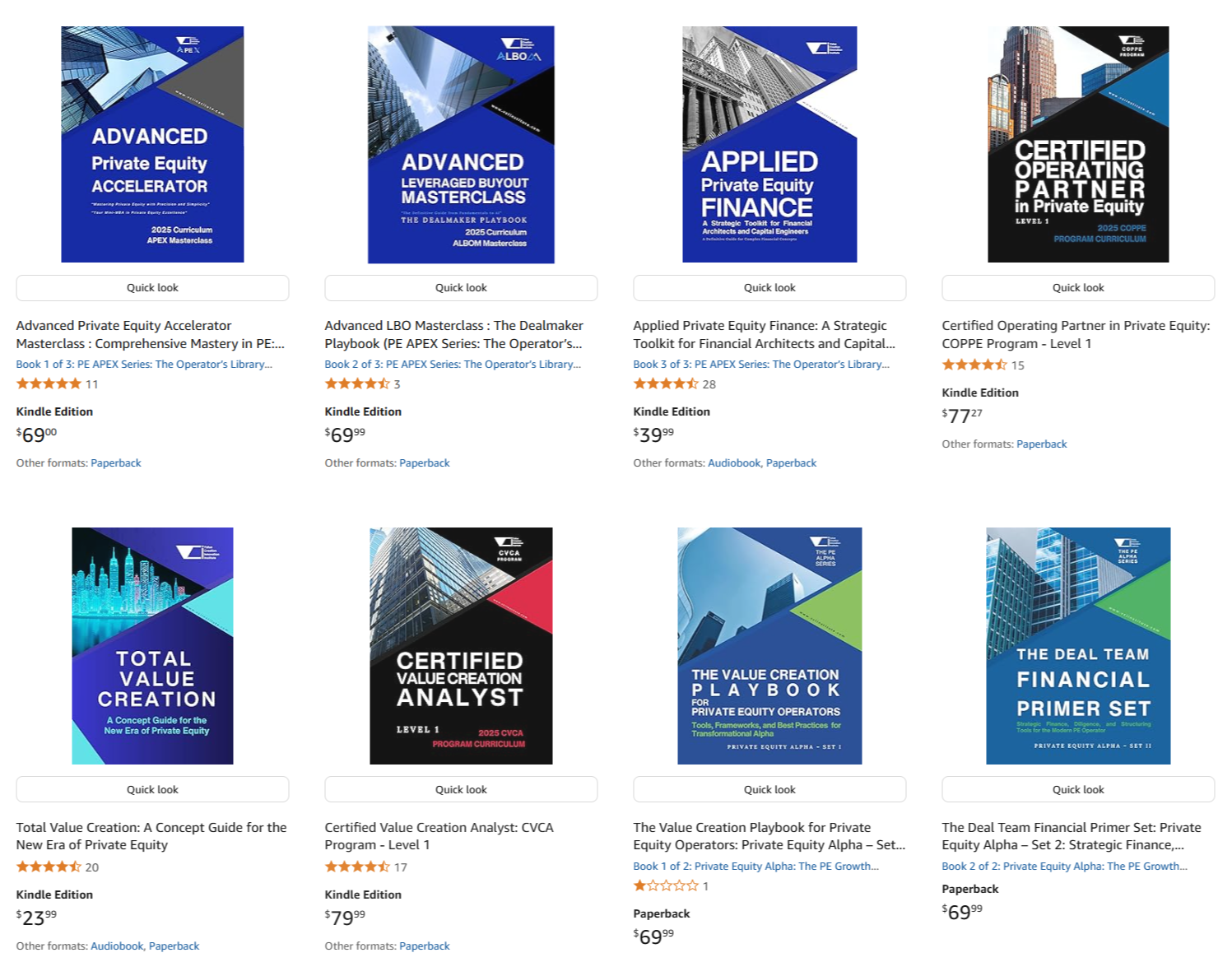U.S. vs. Canadian Private Equity: Key Differences, Strategic Insights, and Cross-Border Opportunities
Aug 12, 2025
Private equity (PE) is a powerful engine for corporate growth, restructuring, and industry transformation in both the United States and Canada. While these two countries share many cultural, economic, and legal similarities, their PE markets differ in scale, deal structure, financing approach, and regulatory environment.
For fund managers, institutional investors, and companies seeking capital, understanding these distinctions is not just academic—it’s essential for optimizing deal strategies, managing risk, and capturing opportunities on both sides of the border.
1. Market Scale and Sectoral Focus
The U.S. private equity market is the largest in the world, with thousands of active firms and trillions of dollars in assets under management (AUM). This depth allows for:
-
High deal volume across multiple sectors
-
Robust liquidity in both entry and exit markets
-
Diversity of deal sizes, from middle-market transactions to mega-deals exceeding USD $10 billion
U.S. PE covers a broad range of industries—from technology and healthcare to industrials, consumer brands, and energy—and benefits from the country’s deep capital markets, enabling faster and more varied exit options (IPOs, strategic sales, secondary buyouts).
By contrast, the Canadian PE market is smaller but steadily expanding. It is characterized by:
-
A concentrated pool of active firms and institutional investors
-
A stronger focus on mid-market transactions (typically CAD $50 million to $500 million)
-
Sectoral emphasis on areas of national strength, such as natural resources, financial services, infrastructure, and renewable energy
While Canadian PE does not match the U.S. in scale, it often excels in sector specialization and relationship-driven investment strategies.
2. Deal Sourcing and Transaction Dynamics
United States:
-
PE firms often target large-cap and mega-deals, sometimes exceeding USD $1 billion.
-
Deal sourcing is highly competitive, with multiple bidders, aggressive timelines, and an emphasis on speed to close.
-
Firms have a global reach, regularly sourcing opportunities across North America, Europe, and Asia.
Canada:
-
More mid-market focused, with transactions generally in the CAD $50–$500 million range.
-
Emphasis on relationship-based sourcing—long-term trust and reputation can be as important as price.
-
Competitive auctions do occur but are often less aggressive than in the U.S., with more scope for structured, partnership-oriented deals.
3. Capital Structure and Financing Approaches
United States:
-
Deals frequently involve higher leverage ratios, supported by a deep syndicated loan market and a large pool of private credit providers.
-
Higher leverage can amplify returns but also increases downside risk in economic downturns.
-
Financial engineering remains a common tool for boosting returns, though operational value creation is increasingly emphasized.
Canada:
-
Leverage levels are more conservative, reflecting the smaller domestic debt market and more cautious lending culture.
-
Financing tends to emphasize stability and long-term performance rather than aggressive short-term gains.
-
Debt syndication is less common, and transactions may rely more on relationship lending with domestic banks and institutional lenders.
4. Regulatory and Tax Environment
United States:
-
Complex federal and state-level regulation, with oversight from agencies like the Securities and Exchange Commission (SEC).
-
Tax structuring plays a significant role in deal design, especially in cross-border transactions.
-
Greater flexibility in deal terms but more intricate compliance requirements.
Canada:
-
A centralized regulatory framework with provincial securities commissions (e.g., Ontario Securities Commission), each with unique requirements.
-
Competitive tax environment for PE, but certain provisions—such as limitations on interest deductibility—can shape deal structures.
-
Provincial variation in rules means cross-provincial transactions require careful planning.
5. Strategic Takeaways for Cross-Border Investors
For investors and companies operating in both markets, the differences outlined above have clear strategic implications:
-
U.S. Advantage: Scale, speed, and breadth of capital access
-
Canadian Advantage: Stability, sector expertise, and relationship-driven execution
Cross-Border Opportunities:
-
U.S. funds can leverage Canada’s specialized mid-market and sector strengths for platform acquisitions or bolt-ons.
-
Canadian funds can tap into U.S. liquidity and exit markets to achieve higher valuations and faster exits.
-
In both directions, understanding financing norms and regulatory frameworks is critical for structuring optimal deals.
Conclusion
While both the American and Canadian private equity ecosystems are vibrant and opportunity-rich, they operate under distinct cultural, structural, and financial dynamics. The U.S. offers unparalleled scale and speed, while Canada delivers stability and niche expertise.
For fund managers, institutional investors, and corporate executives, success in cross-border private equity depends on more than just capital—it requires a nuanced understanding of each market’s unique characteristics and the agility to adapt strategies accordingly.
References
-
Dentons. (2025, May 14). From caution to comeback: Navigating cross-border private equity in 2025. https://www.dentons.com/en/insights/articles/2025/may/14/from-caution-to-comeback-navigating-cross-border-private-equity-in-2025
-
Stikeman Elliott. (2021). Private equity in Canada: Market and regulatory overview. https://stikeman.com/-/media/files/kh-general/private-equity-in-canada-market-and-regulatory-overview-2021.ashx
-
Government of Canada. (2022). Finding the KEY: Canadian Institutional Investors and Private Equity. https://ised-isde.canada.ca/site/sme-research-statistics/sites/default/files/attachments/2022/Finding_the_Key_e.pdf
-
Torys. (2016). Canadian private equity financings and U.S. debt terms: What’s market? https://www.torys.com/fr-ca/our-latest-thinking/publications/2016/02/canadian-private-equity-financings-and-us-debt-terms-whats-market
We have many great affordable courses waiting for you!
Stay connected with news and updates!
Join our mailing list to receive the latest news and updates from our team.
Don't worry, your information will not be shared.
We hate SPAM. We will never sell your information, for any reason.


